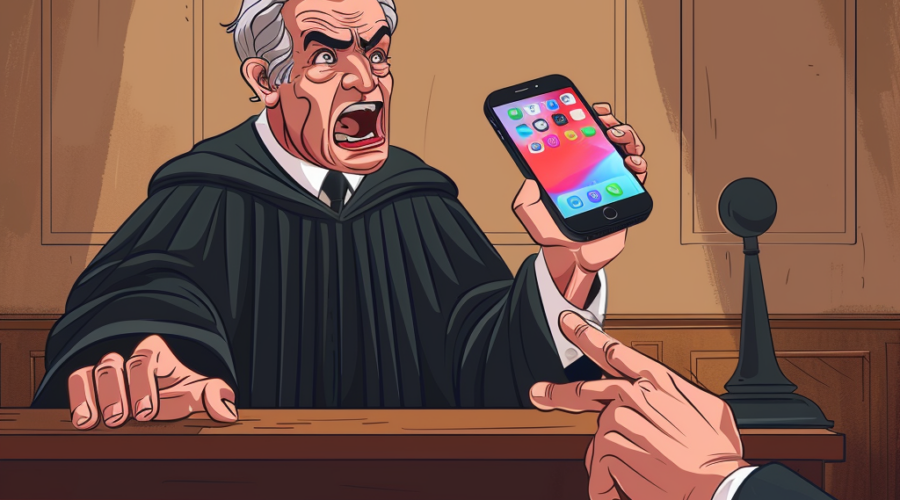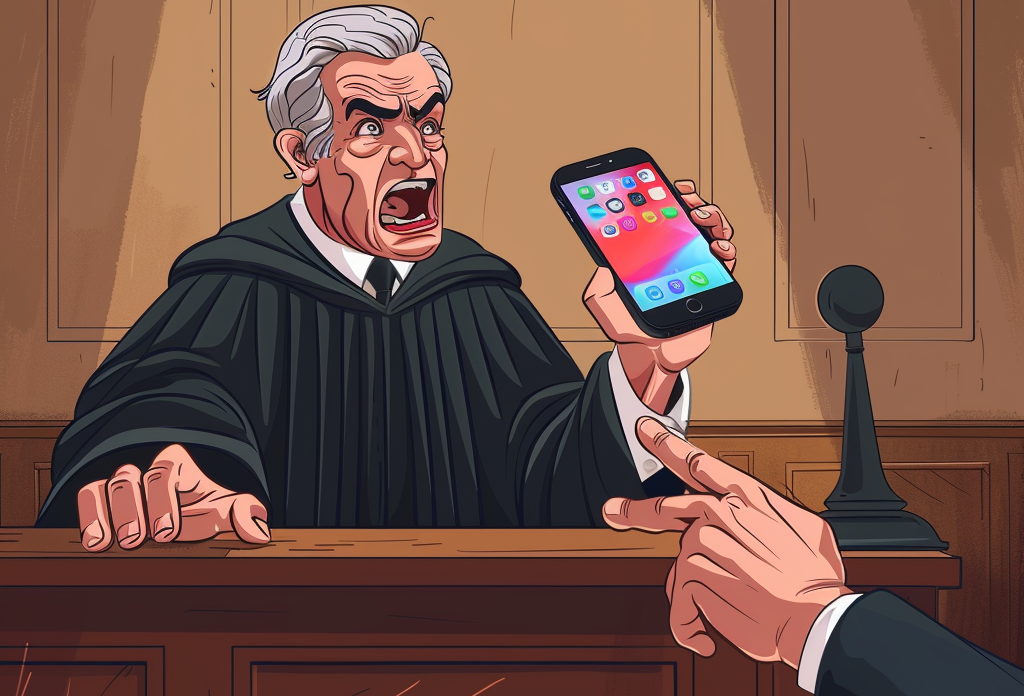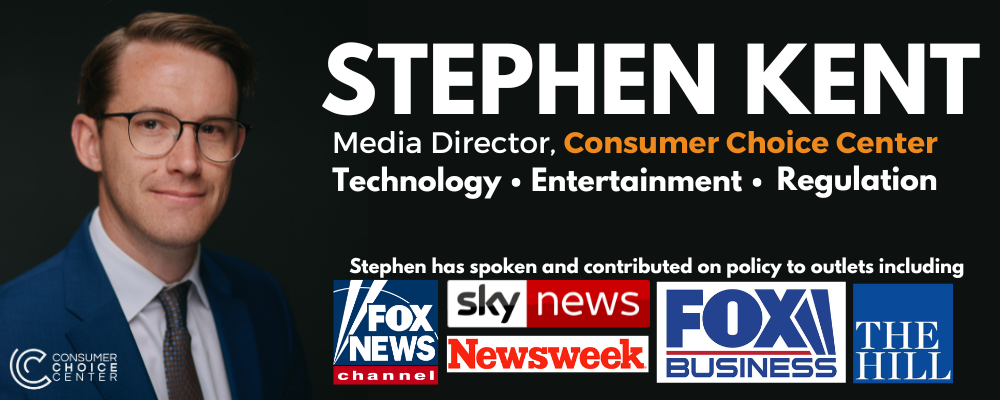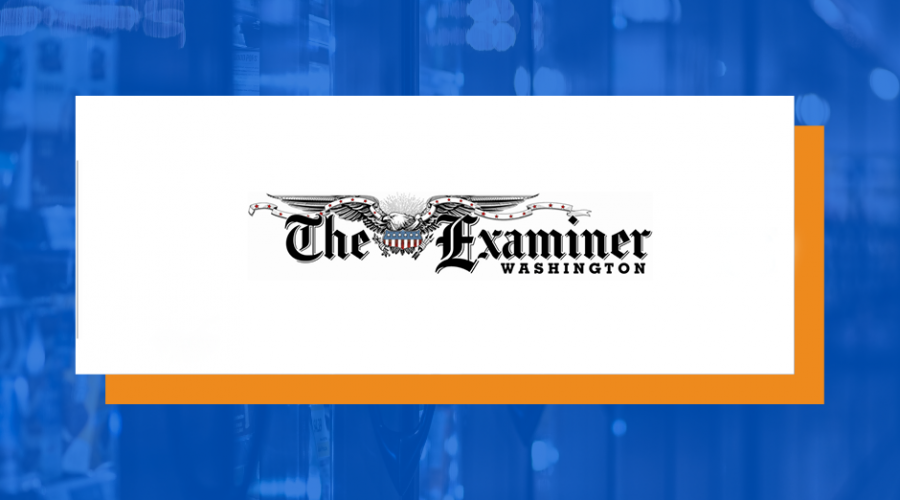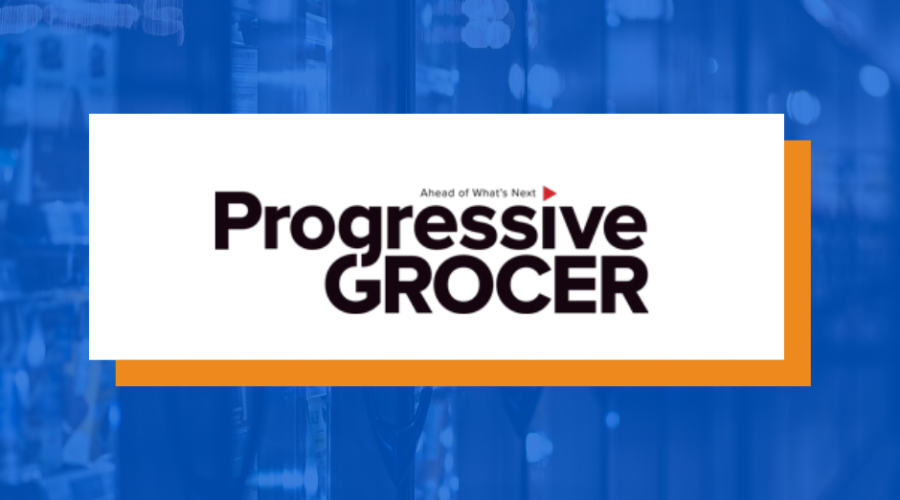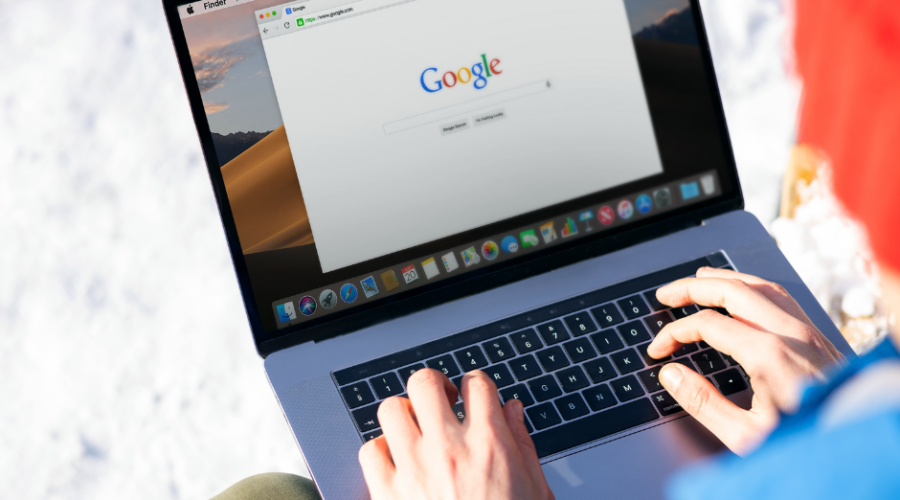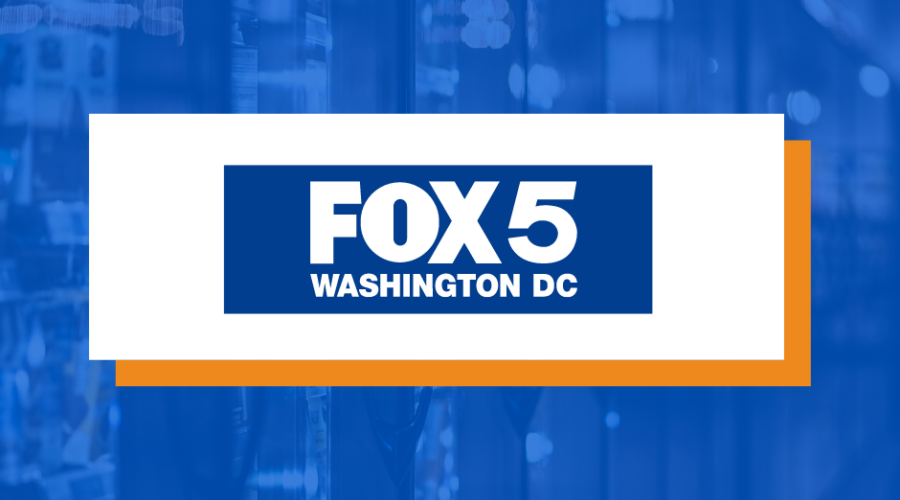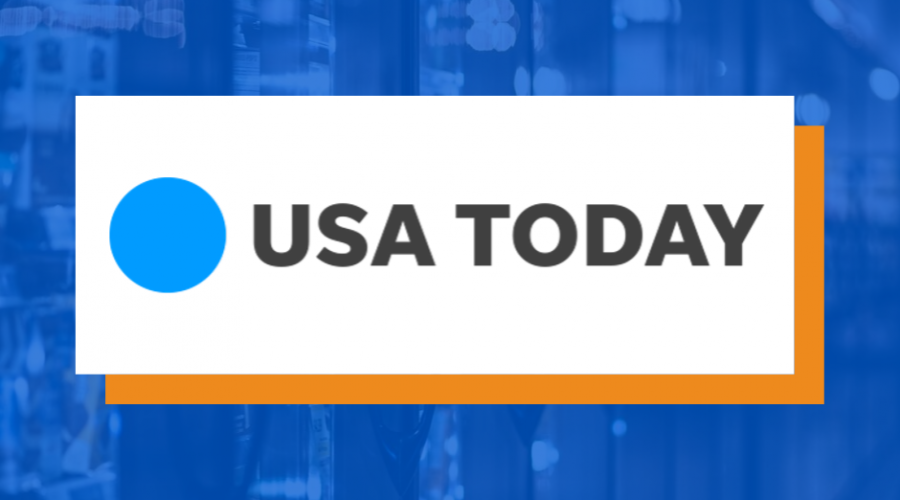Misinformed Jon Stewart Applauds FTC Chair Lina Khan
It’s not often that the head of a U.S. federal agency is given the red carpet treatment on Comedy Central, but for Jon Stewart, it’s to be expected.
Lina Khan, chair of the Federal Trade Commission (FTC), appeared on the revamped Daily Show featuring Stewart as host on Monday nights, to hype up the FTC’s work battling the “monopolies” of the current era. Khan was certainly in need of a pep rally, as even reporters at New York Magazine have taken note of her tumultuous tenure marked by mass resignations, continuous defeats in court and confused mission statement.
She championed efforts by the agency to scrutinize patents on medical inhalers, blocking ‘pharma bro’ Martin Shkreli from ever working again in pharmaceuticals and a tidal wave of lawsuits against Big Tech firms, namely Amazon, Meta and Apple.
Eager to add cases to the FTC’s docket, Stewart provided an anecdote about Apple allegedly blocking him from interviewing Khan on his now-defunct Apple podcast, The Problem With Jon Stewart.
Khan remained poised and professional in her response, but also revealed her ideology when it comes to modern business and competition.
“I think it just shows one of the dangers of what happens when you concentrate so much power and so much decision-making in a small number of companies,” she said.
The drawn-out interview reveals a contradiction in what the FTC is even supposed to do as a government agency. Is it about the consumer having choices and not being “bullied”? Or is the FTC just a bulwark against any and all corporate “bigness”?
To dissect her quote, there was no central decision to “concentrate” power or decision-making in Apple or any other tech company. Consumers voted to support these companies by buying their products and using their services to improve their lives. Because those companies now rake in billions and serve millions of customers, does that mean the FTC has to intervene?
The role of the FTC has never been to remedy concerns about higher prices, low wages or broader social ills. As stated in the eponymously named act signed by President Woodrow Wilson that created the agency in 1914, the FTC exists to prevent unfair competition and deception as it relates to commerce and to seek monetary redress when consumers are demonstrably harmed.
Stewart asks Khan to define monopolistic and oligopolist practices, and she downplays the traditional metric of “market share,” instead labeling “behavior” the most straightforward way to render judgment. That would explain her dismal win-loss ratio in both antitrust and mergers.
The FTC has struggled to demonstrate harm to the consumer under Lina Khan, because consumers are actually pretty pleased with the services she and Stewart loathe, like Amazon Prime. Khan is attempting to lead a revival of the Progressive Era antitrust movement, once spearheaded by former Supreme Court Justice Louis Brandeis, who long crusaded against the “curse of bigness” in America and sought more active policing of private enterprise by the federal government.
This “New Brandeis movement” includes academics and government advisors such as Tim Wu and Lina Khan herself, who was a leading anti-monopoly voice as a staffer at both the FTC and the House Judiciary Committee, as well as a fellow at Columbia Law School. Stewart and his old colleague John Oliver might be vying for membership cards as well. Their primary target is tech companies and their innovations, ranging from artificial intelligence to algorithms, and digital app stores.
Antitrust authorities are carving out new theories about why innovations by tech firms are harmful to consumers — even if it can’t be proven. As she did on The Daily Show, Lina Khan labels companies as monopolistic even after her accusatory lawsuits are defeated in court.
It’s telling that when Stewart asks Khan if she’s “had success: with her antitrust cases, she only cites the layup Martin Shkreli case instead of what she’s staked her tenure on, which is breaking up Amazon, Meta and Google.
No questions from Stewart about Khan’s failed cases such as blocking Meta from buying a VR workout app, or her bizarre effort to jam Microsoft’s purchase of the video game company Activision-Blizzard. Her lawyers were in court armed with flimsy arguments about consumer welfare related to access to the popular Call of Duty series, and what kind of in-game skins Microsoft could make exclusive to Xbox. Embarrassing defeats.
Every week, there are vast new breaches of personal data that put millions of consumers at risk and should be promptly investigated by the FTC and other federal agencies. There is plenty of deception used by online ad firms, crypto scams and other companies that harm consumers and lead them to pay more, lose privacy or even their identities. This is met with little action from Khan’s distracted, ideological FTC.
Instead, she’s laser-focused on consolidation. Why do we have fewer companies in certain sectors of the economy, whether it be in telecom, airlines or meat-packing, as mentioned by Khan?
Once you increase the compliance costs to do business in any given industry with heavy regulation, the result is less competition. Large firms are best positioned to comply because compliance is very, very expensive. The more you regulate, the fewer firms can compete.
Originally published here


